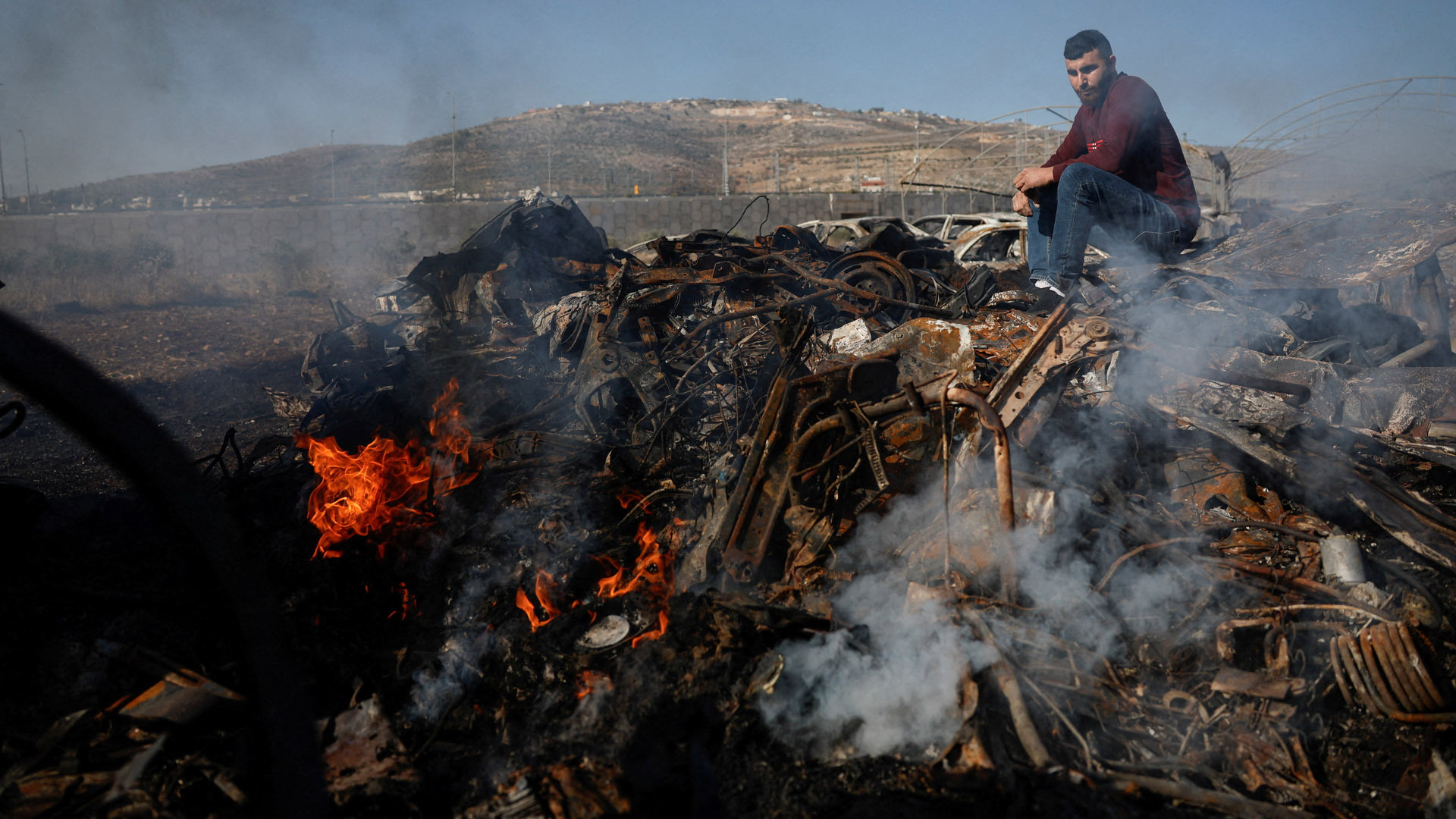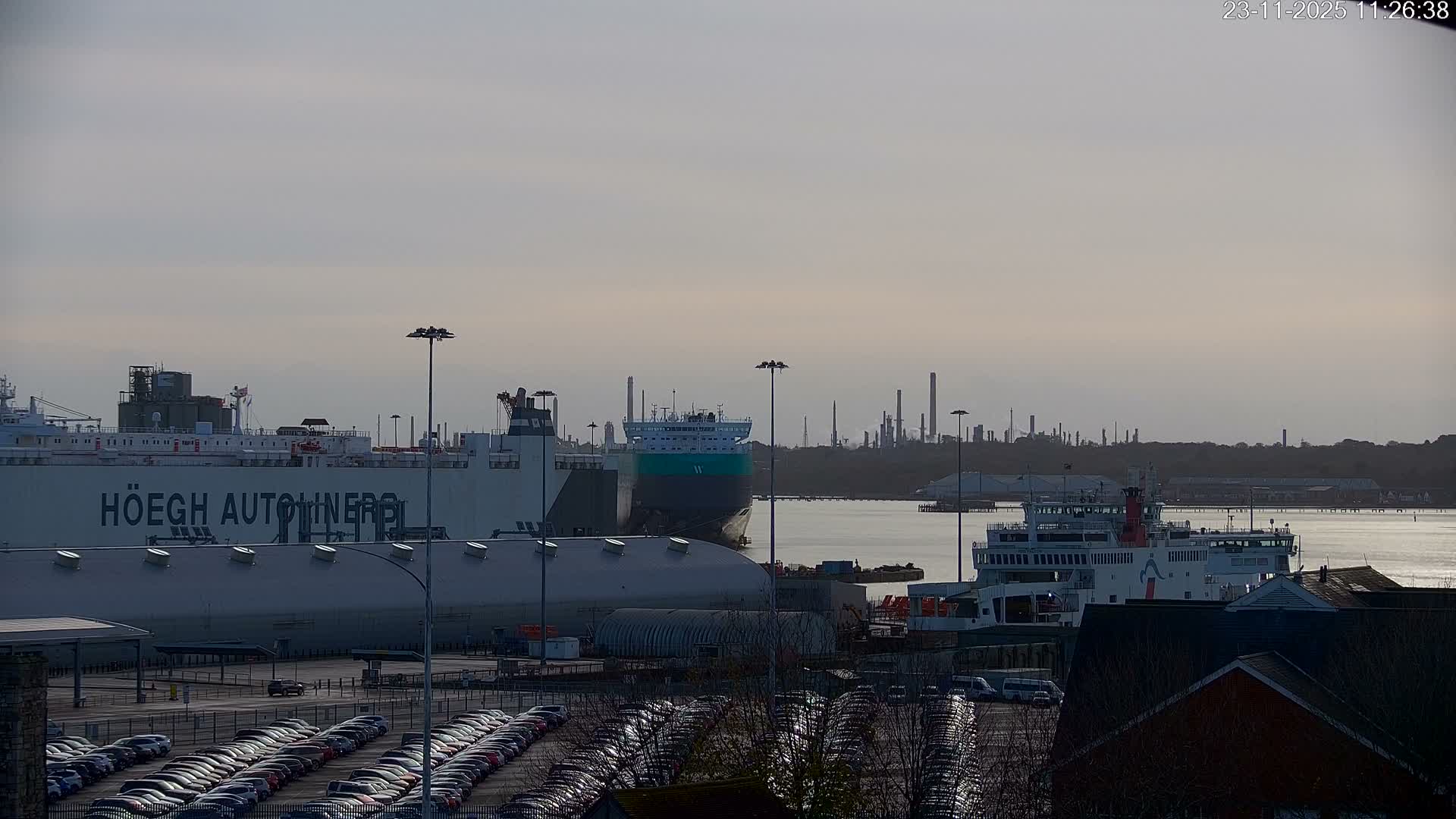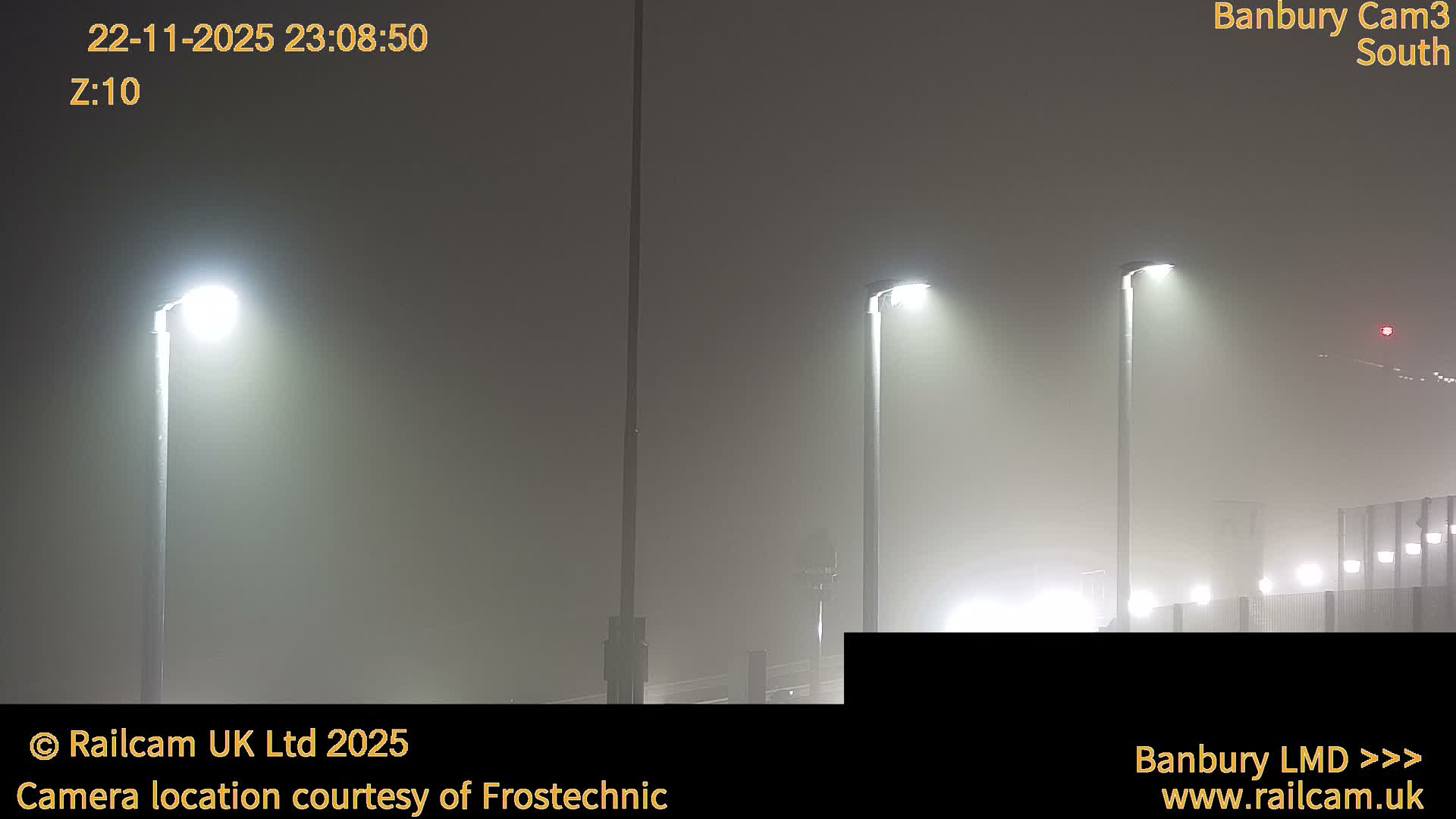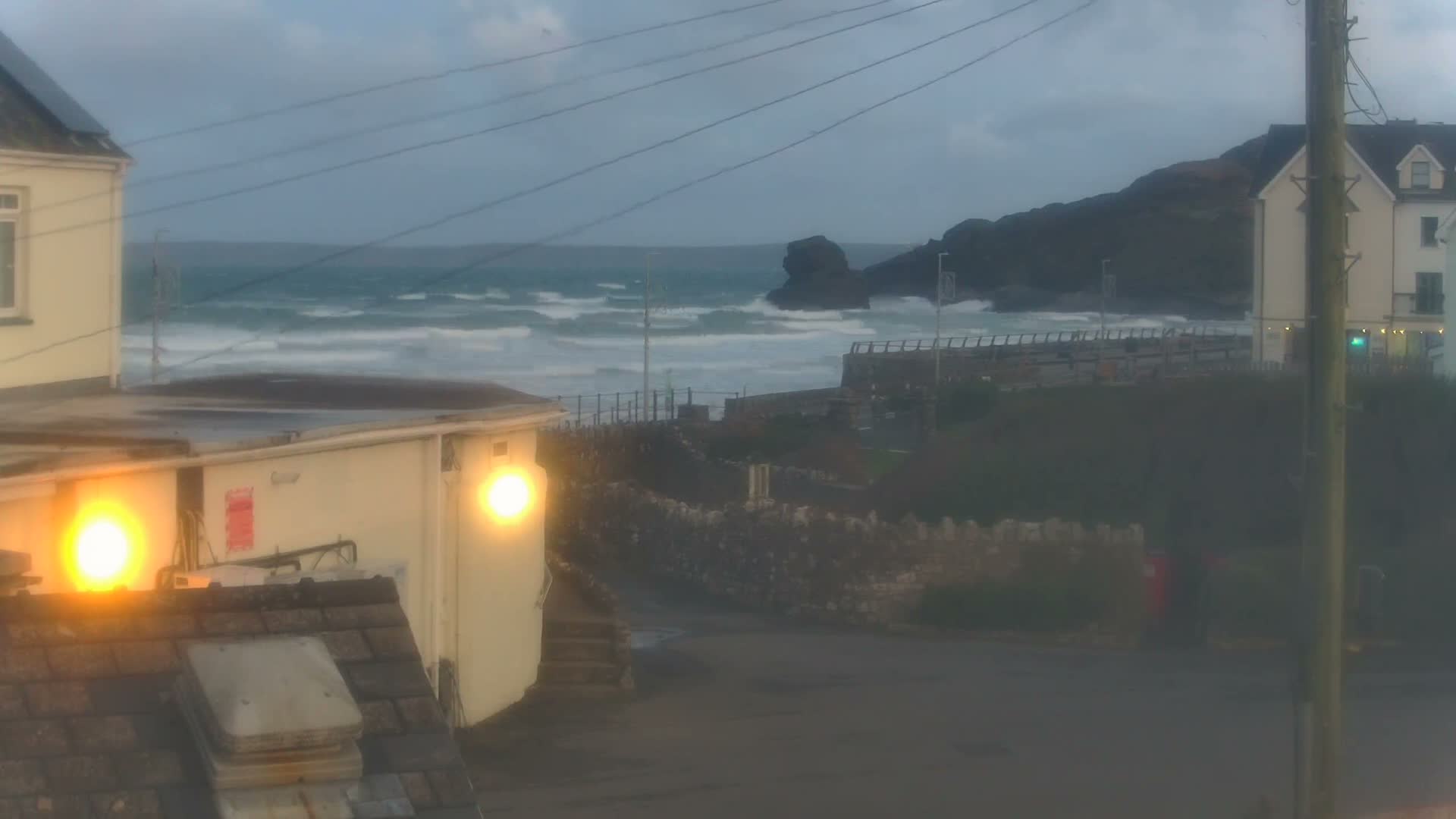BBC Under Scrutiny: Crisis of Purpose or Strategic Power Play?
The venerable British Broadcasting Corporation (BBC) finds itself at the center of intense speculation, prompting a critical question: is the recent turbulence within its ranks symptomatic of a genuine crisis, or does it signal a more calculated "coup" for control? This inquiry reflects a period of profound upheaval for the UK's public service broadcaster, a cornerstone of national life.
Navigating a Potential Crisis
Recent events have ignited vigorous debate concerning the BBC's independence, funding models, and editorial direction. Some observers argue that a series of high-profile departures, internal controversies, and persistent external pressures, particularly from political spheres, point towards an organization grappling with a fundamental crisis of identity and purpose. Challenges to its impartiality, scrutiny over executive decisions, and the evolving media landscape all contribute to a narrative of an institution under significant strain.
The "Coup" Hypothesis
Conversely, the notion of a "coup" suggests a more deliberate, perhaps orchestrated, effort to reshape the BBC's future. This perspective often implicates political actors or internal factions vying for influence, potentially seeking to steer the broadcaster away from its traditional public service ethos towards different agendas. Such a maneuver could involve strategic appointments, shifts in editorial policy, or systemic changes designed to alter its fundamental character.
Implications for the Future of British Media
Understanding whether the BBC's current struggles represent an organic crisis or a strategic power grab is crucial for its future. The distinction impacts public trust, governmental relations, and the very essence of its mission to inform, educate, and entertain. As the debate continues, the outcomes will undoubtedly shape the landscape of British media for years to come.







